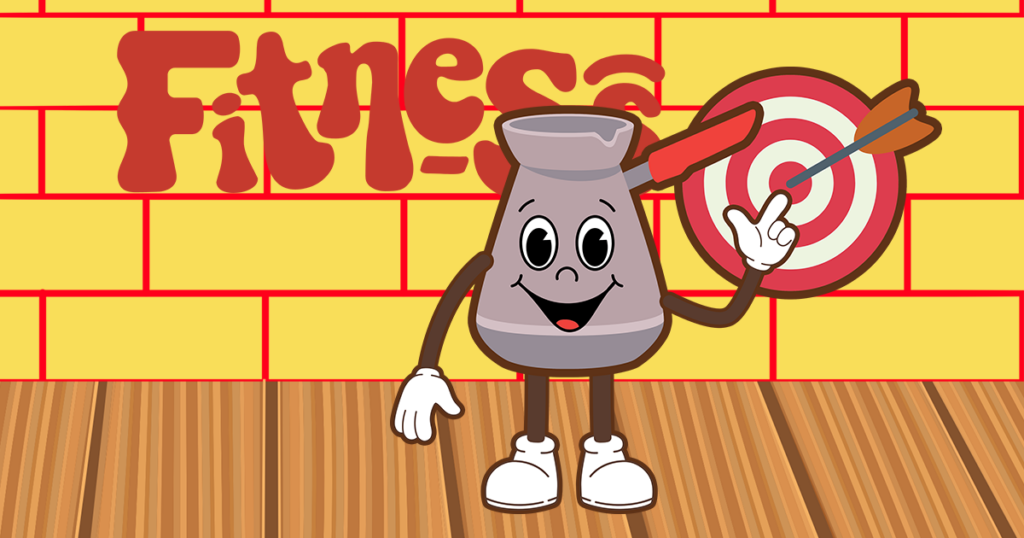Ever wonder why that first sip of coffee can feel like a small miracle for your mind? It’s not just a cozy ritual; caffeine’s effects on focus and mood are well-supported by scientific research. Studies reveal that caffeine has a significant impact on the brain, enhancing attention, and alertness, and even lifting your spirits.
How Caffeine Enhances Focus
Caffeine’s impact on focus is linked to its effect on adenosine, a neurotransmitter that promotes relaxation and drowsiness. By blocking adenosine, caffeine effectively increases the release of stimulating chemicals like dopamine and norepinephrine, which play essential roles in alertness and attention. A study published in Psychopharmacology showed that caffeine intake significantly improved task performance and cognitive endurance, particularly on tasks that require sustained concentration. This explains why caffeine is a go-to for anyone needing a mental boost, from students and professionals to busy parents.
Adding to this, an in-depth review in Neuroscience & Biobehavioral Reviews highlighted caffeine’s impact on mental fatigue and focus, finding that caffeine helps maintain alertness even during prolonged tasks. The review emphasized that while the amount of caffeine consumed can vary, moderate intake (around 200–400 mg) has been shown to enhance cognitive function effectively. This consistent boost in mental performance is a key reason why coffee remains a favourite companion during long study sessions and demanding workdays.
Caffeine as a Mood Enhancer
In addition to sharpening focus, caffeine has been shown to elevate mood. The National Center for Biotechnology Information (NCBI) outlines that caffeine consumption stimulates the production of dopamine, the brain’s “feel-good” chemical, which creates a natural lift in mood and overall sense of well-being. Complementing this, a large-scale study from Harvard University found that individuals who drink two or more cups of coffee daily have a notably lower risk of depression. The ScienceDirect review also reported that caffeine has positive impacts on mood, not only reducing the risk of depression but also enhancing subjective feelings of happiness, particularly when paired with social activities, like meeting friends over a coffee.
Caffeine’s Brain-Boosting Mechanisms
The ScienceDirect review offers valuable insight into the complex ways caffeine influences mood and cognition at a neural level. Caffeine’s role as a stimulant enhances connectivity within the brain’s “default mode network,” which is linked to mind-wandering and introspection, as well as the “salience network,” which detects and filters relevant information in our environment. This combination enables you to stay more present and engaged with tasks, helping you process information more effectively.
A Balanced Approach for the Best Benefits
While caffeine can be a powerful ally in improving both focus and mood, balance is crucial. Experts recommend limiting caffeine intake to about 400 mg per day—roughly equivalent to four cups of brewed coffee—to avoid potential side effects like jitteriness or disrupted sleep. Recognizing your body’s individual tolerance is key to reaping the benefits without overdoing it.
So, the next time you reach for that coffee or tea, remember you’re not just enjoying a comforting ritual—you’re giving your brain a scientifically proven boost in focus, alertness, and mood. It’s the perfect pairing of pleasure and productivity and one that’s worth savoring each day.

